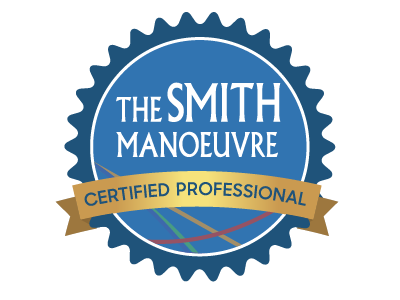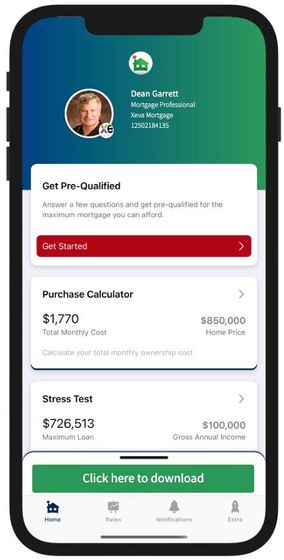GET-THE-BEST-RATE
PAY OFF your Mortgage in ~7 YEARS!
Get Professional Advanced Mortgage Advice - FREE!
Reduce Interest cost by ~$248,000 on a $600,000, Mortgage.
Master your Mortgage for Financial Freedom!
Working with Home Buyer's and Home Owner's in BC, and across Canada.
Follow My Three Step Plan
To Get The Ultimate Mortgage!
Get started right away
The best place to start is to connect with me directly. My commitment is to listen to your needs, assess your financial situation, provide professional mortgage advice, and
guide you through the mortgage process.
Get clarity
Sorting through all the different mortgage lenders, rates, terms, and features can be overwhelming.
Let me cut through the noise. I'll outline the best mortgage products available with your needs in mind.
Proceed with confidence
My goal is to make sure you know exactly where you stand at all times. From your initial application through your mortgage renewal, I'm available to answer any questions for as long as you need a mortgage.
I've got you covered.
Your Home Mortgage Interest is
NON-TAX DEDUCTIBLE
Convert your Home Mortgage into a
TAX-DEDUCTIBLE
loan AND pay off your mortgage in record time.
All without straining your current finances.
You don’t have to increase your required payment to ACHIEVE INCREDIBLE RESULTS!
Get started by BOOKING A CALL WITH ME.
I'll let you know exactly where you stand so you can proceed with confidence.
Download my Mortgage Toolbox App
What you can do with my app
Calculate your total cost of owning a home
Estimate the minimum down payment you need
Calculate Land transfer taxes and the available rebates
Calculate the maximum loan you can borrow
Stress test your mortgage
Estimate your Closing costs
Compare your options side by side
Search for the best mortgage rates
Email Summary reports (PDF)
Use my app in English, French, Spanish, Hindi, and Chinese
Everything you need,
all in one place
As a trusted mortgage provider, let me help you with these services.
Click through any of the services to learn more
Mortgage articles to keep you informed.





















